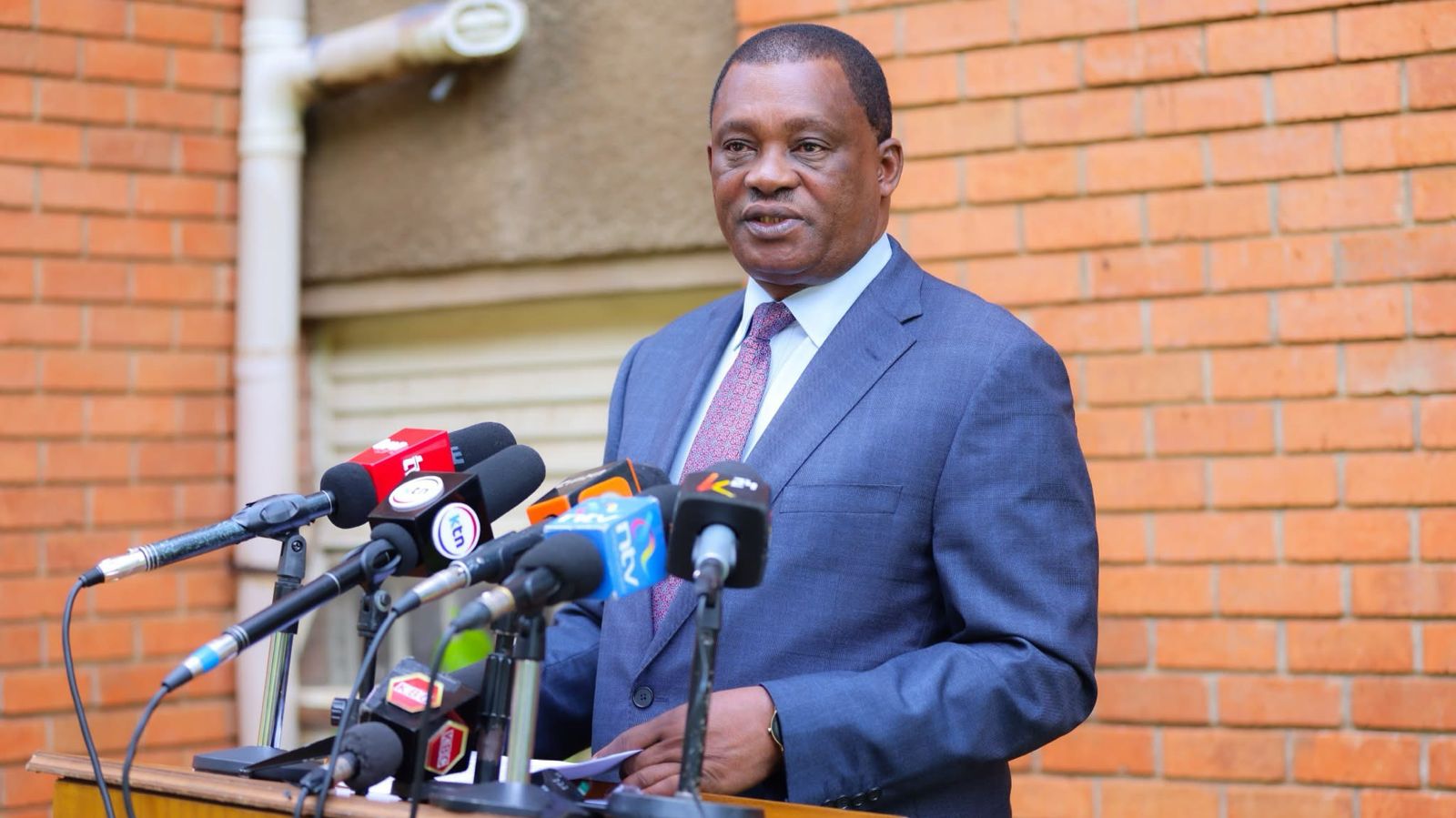Safaricom has rolled out Mpesa Ratiba, a feature on the Mpesa platform that allows users to set up standing orders directly from their Mpesa wallets.
In a statement dated September 30, Safaricom disclosed that Mpesa Ratiba will enable seamless and automatic payments of recurring transactions and bills.
According to the company, no penalties will be incurred for cancelled or failed standing order transfers.
"The feature allows users to automatically transfer funds from their wallet on a daily, weekly, monthly, or yearly basis to another person, or to pay recurring bills or subscriptions. Other benefits include a simple and seamless set-up process and no penalties incurred for cancelled or failed standing order transfers that may occur due to insufficient balance," Safaricom stated.
Safaricom CEO Peter Ndegwa explained that M-PESA Ratiba will allow users to make worry-free digital payments of bills.
Read More
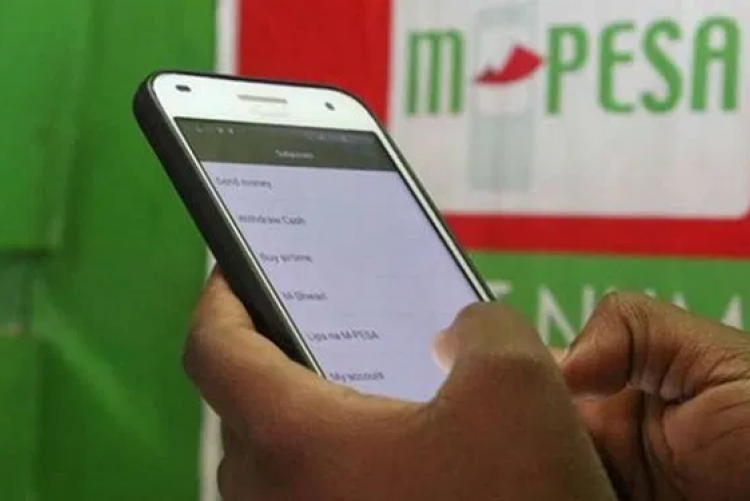
“Safaricom continues to transform lives through delivery of differentiated and personalized digital financial services and experiences to our customers. M-PESA Ratiba will allow customers worry-free digital payments of bills and transactions. We continue to innovate on the M-PESA platform to give our customers more visibility, control and security around their financial wellness," Ndegwa explained.
The feature can be accessed through the financial services tab of the Mpesa app and via USSD by dialling *334# option 9.
"To get started, customers must review and accept the terms and conditions, and they can then opt in using their M-PESA PIN. They can then choose which standing orders to set up, whether for sending money to family and friends, paying regular bills, or purchasing goods and services," Safaricom explained.
It added, "This innovation, the first of its kind to bring standing orders to the convenience of mobile devices, plays a key role in enhancing financial inclusion among the underbanked population while advancing the country’s progress towards a cash-lite economy."

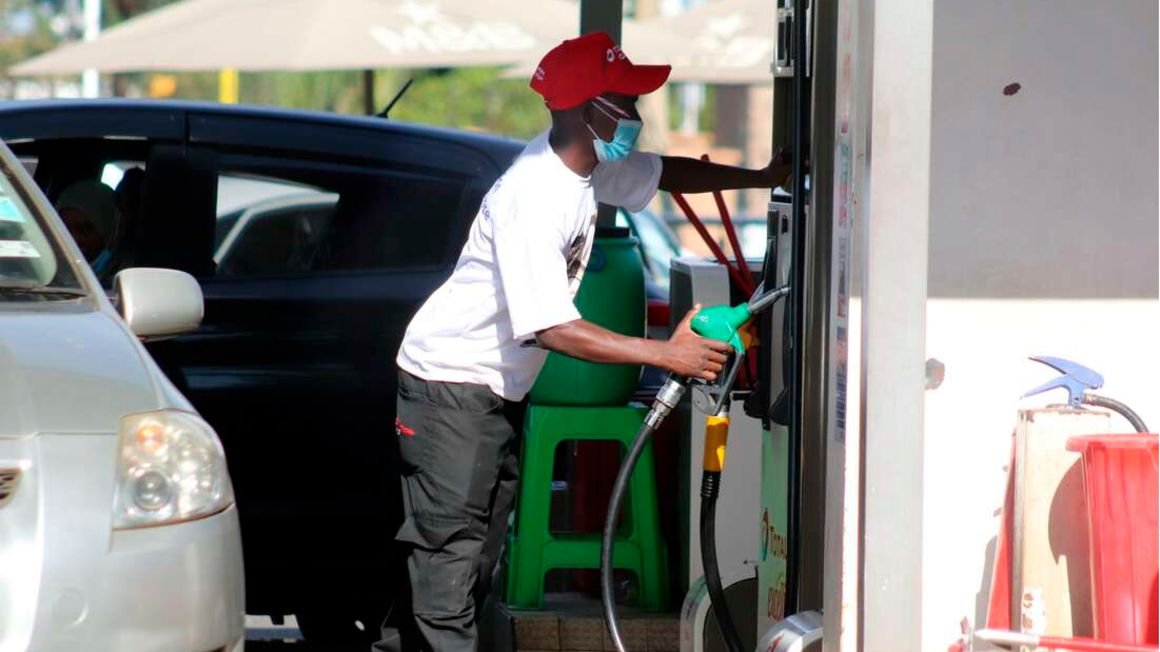
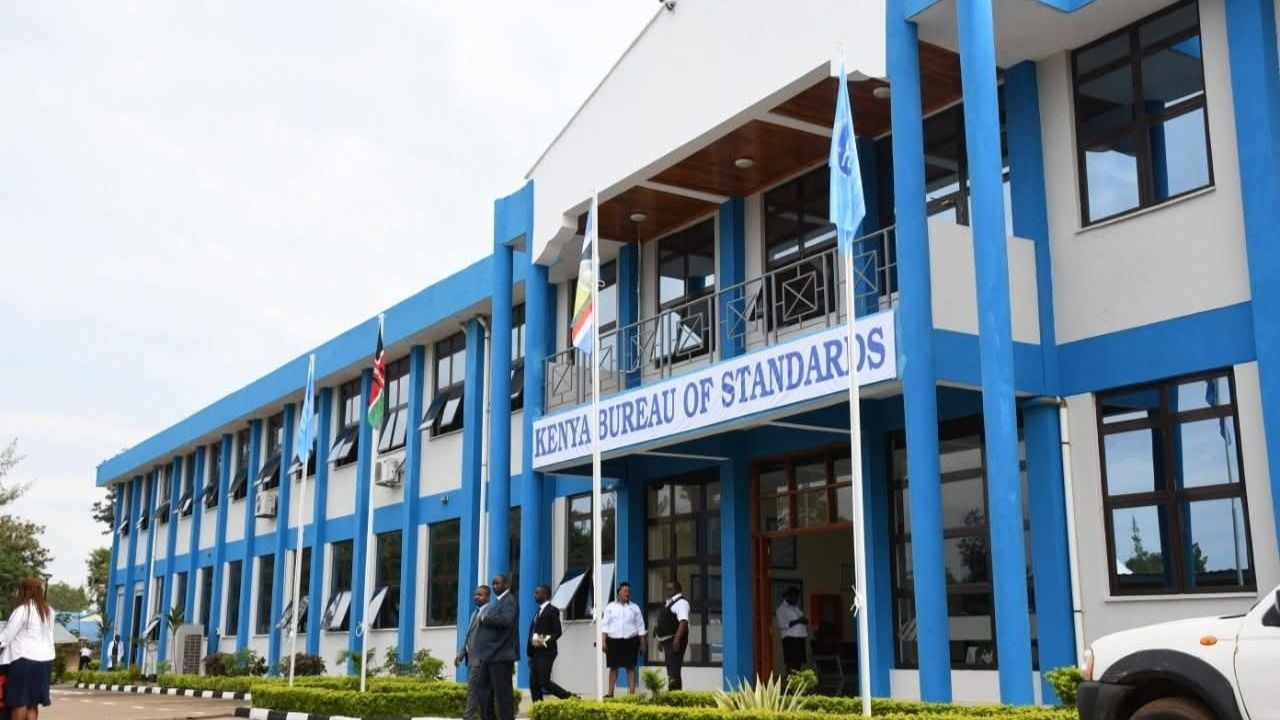

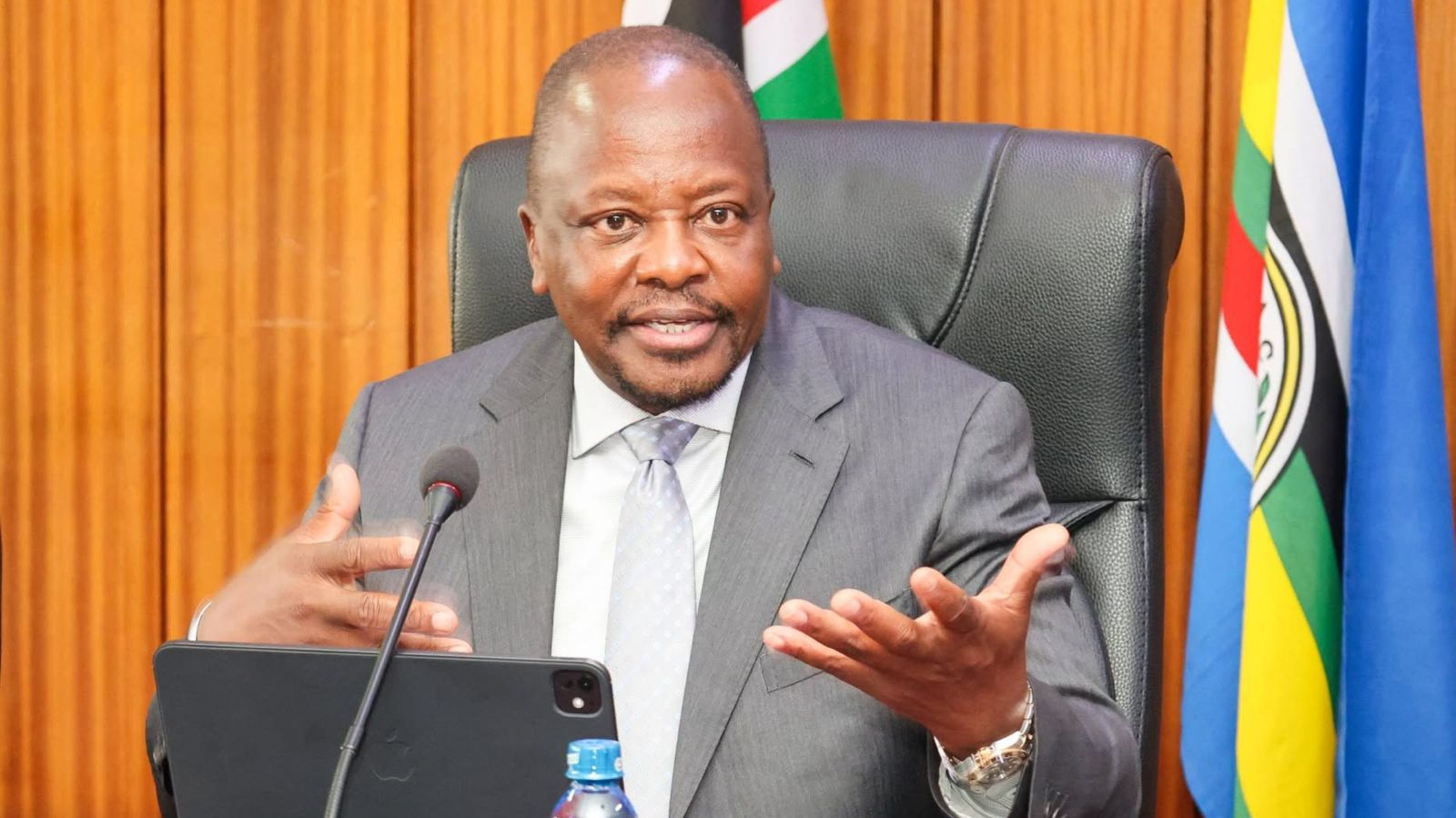
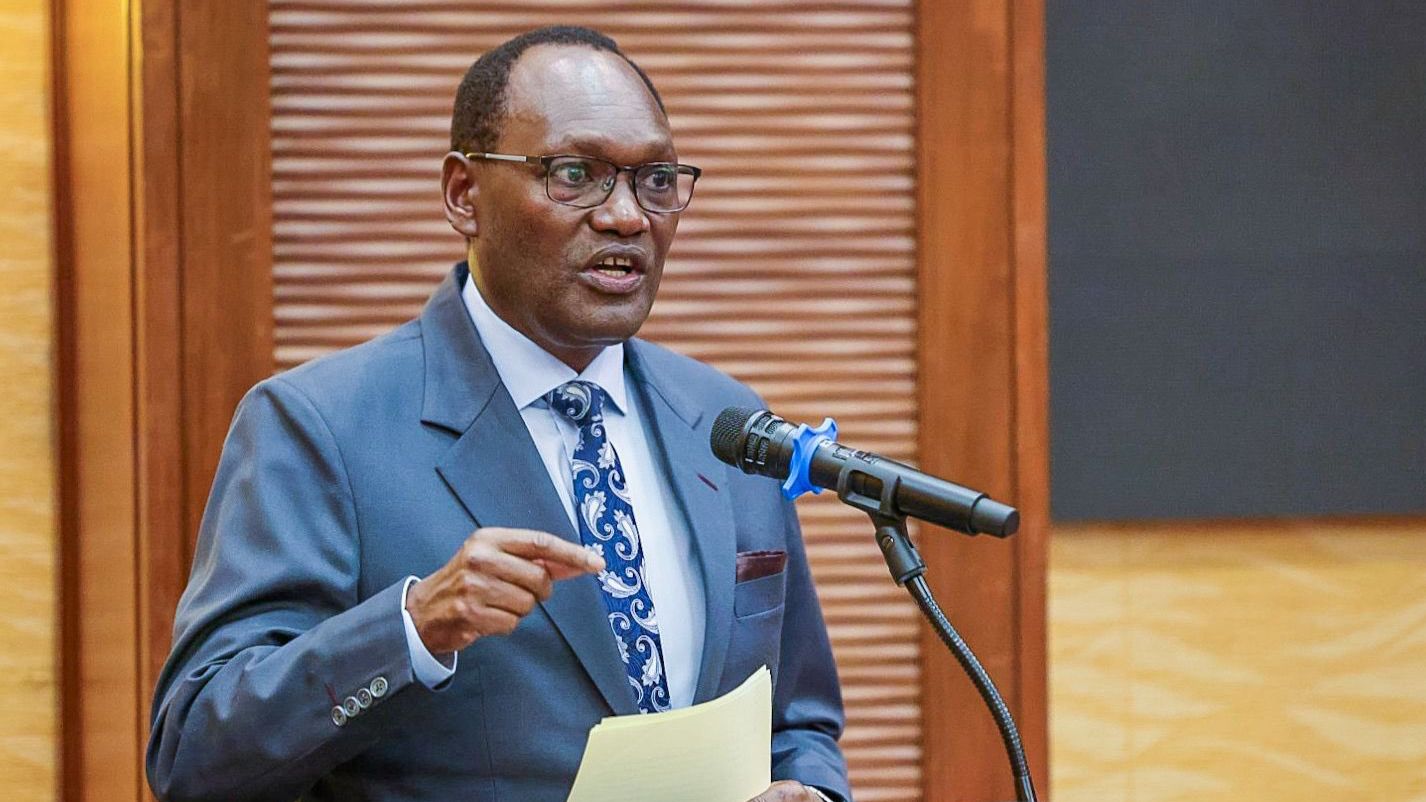
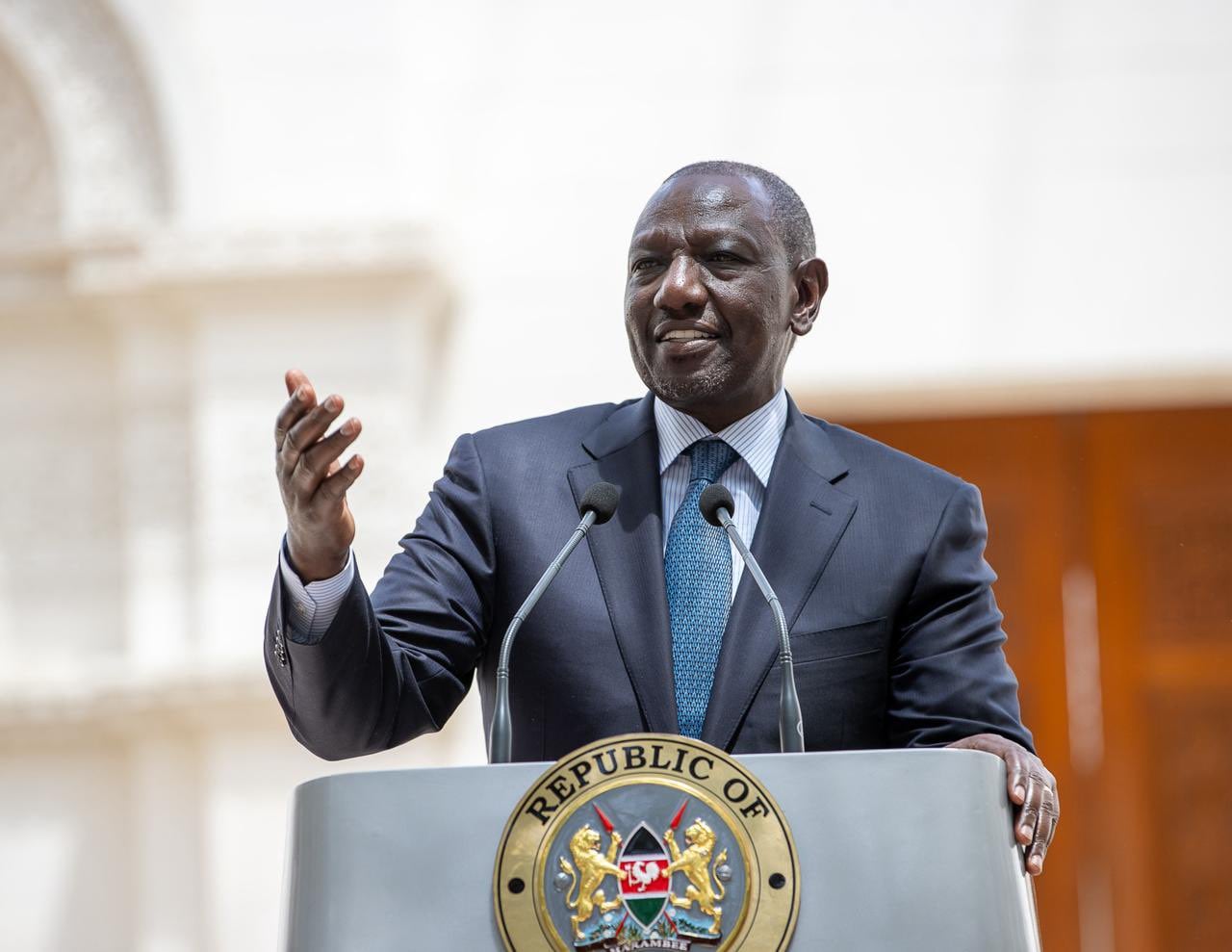

-1771490311.png)

-1771488677.png)
